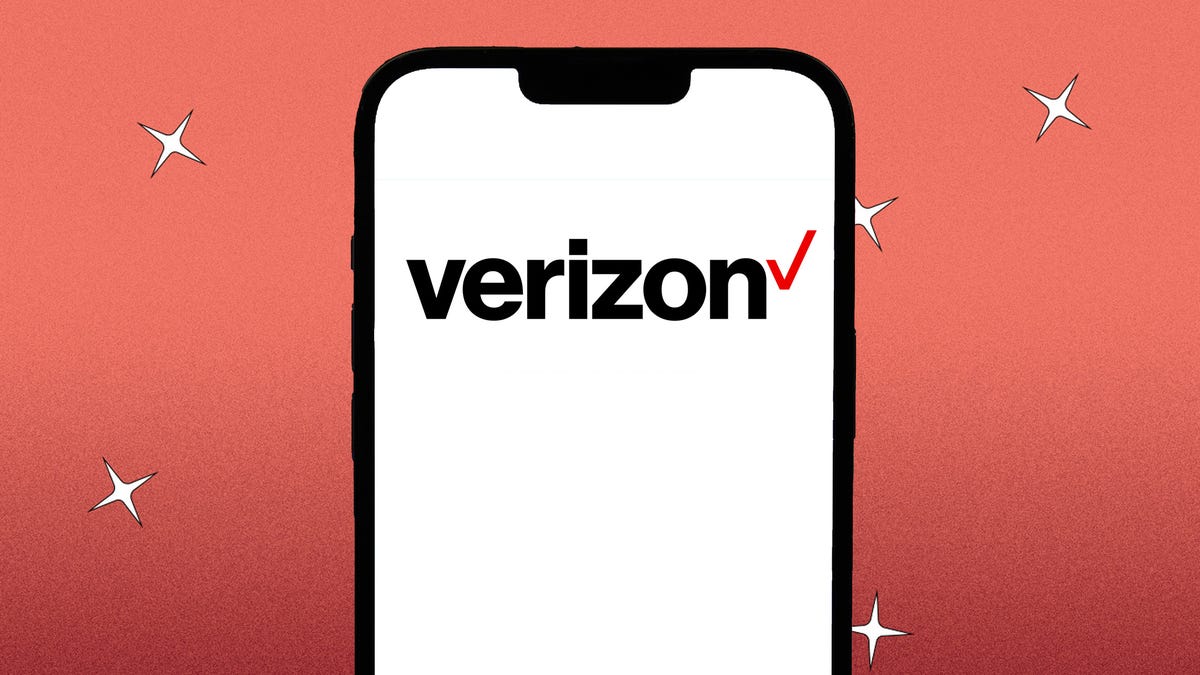Each dot on this Verizon coverage map represents a city with 5G Ultra Wideband access. The red regions of the map indicate where Verizon offers 5G for mobile customers. The dots are likely spots for the strongest 5G Home Internet connections.
","width":"714","height":"406"}]" imagecredit="Verizon" imagecaption="" contenttype="Review" getlisticleindex="function () { [native code] }" filtershortcodetypes="" totalfilteritems="0" pagelayout="Review - Article Page" primarytopicslug="broadband" showdetails="true" tagslugs="5g,wi-fi,verizon" tocheadlineitem="[object Object]" topics="[object Object]">Unavailable in Provider unavailable in 90001
Verizon 5G Home Internet rating
Pros
- No data caps or contracts
- Straightforward pricing
- Faster download speeds than other fixed wireless services
Cons
- Speeds are not guaranteed and can fluctuate
- Home customers are second priority to mobile users on the network
- Upload speeds are comparable to cable but fall short of fiber
See more pros and cons
Since Verizon 5G Home Internet launched in 2018, its availability has surged. Verizon unveiled its 5G Ultra Wideband network in January 2022, making Verizon 5G Home Internet available in approximately 900 cities. Although Verizon Fios, the company’s 100% fiber-optic internet service, typically scores well in customer satisfaction studies, it’s available only in the Northeast. 5G’s wider availability significantly expands Verizon’s broadband reach. In fact, according to its fourth-quarter 2023 report, Verizon now has over 3 million customers for 5G Home Internet.
Unlike fiber, cable, DSL and other common internet modes that get you online with a wired connection, cellular internet plans like Verizon 5G Home Internet take a fixed wireless approach. As the name suggests, your home will wirelessly connect through a receiver that picks up Verizon’s signal and broadcasts it as a Wi-Fi network.
Fixed wireless connections like satellite internet and previous-gen 4G LTE internet are typically much slower than what you’ll get from a wired cable or fiber connection, but that isn’t the case with 5G. In some regions, including parts of Verizon’s coverage map, you’ll find 5G plans capable of hitting near-gigabit download speeds.

That makes 5G especially interesting if you live in an area without high-speed cable or fiber internet access. Verizon is one of the top names leading the effort to bring the technology to as many homes as possible. With straightforward pricing, no data caps and no contracts, there’s much to like about what Verizon is selling.
Here’s everything you should know about Verizon 5G Home Internet, including what sort of speeds, prices and terms to expect if you sign up. All prices listed on this page reflect available discounts for setting up paperless billing. If you decide not to go with automatic monthly payments, your price will be higher.
Who can get Verizon 5G Home Internet?
Each dot on this Verizon coverage map represents a city with 5G Ultra Wideband access. The red regions of the map indicate where Verizon offers 5G for mobile customers. The dots are likely spots for the strongest 5G Home Internet connections.
Verizon 5G Home Internet is available in many places, but it’s mostly centered on America’s largest metro regions, where the development of 5G infrastructure is furthest along. That puts it on a similar trajectory to fiber, with service primarily focused in America’s largest cities, where the population density makes expansion more cost-effective.
That said, deploying new cell towers and upgrading existing ones is generally faster than wiring entire regions for fiber, neighborhood by neighborhood. While availability is still somewhat limited, there’s room for hope that 5G might be able to bring speedier home internet to underserved parts of the country faster than fiber, cable or other internet types.
Plug in your address to determine Verizon 5G Home Internet availability
Even if Verizon 5G Home Internet is available in your city, there’s no guarantee you can get it at your address. Service requires proximity to Verizon’s 5G cell towers and a strong, steady signal.
Take Ry, for instance. He lives near downtown Louisville, Kentucky, where Verizon’s 5G Home Internet is an option for some. Verizon can’t offer service at his address yet, even though he has a cell plan with Verizon and service that’s strong enough for his phone to connect over 5G semi-regularly when he’s at home. That lack of availability might change soon (and we’re eager to test the service and tell you all about it), but for now, all Ry can do is wait.
Want to see whether Verizon 5G Home Internet is available at your household? Check out Verizon’s availability link and plug in your address.
How much is Verizon 5G Home Internet?
Verizon keeps things pretty simple. There are two options: You can choose between 5G Home at $50 per month or Verizon 5G Home Plus at $70 monthly (plus extra perks). Either way, you can get an additional discount with a qualifying Verizon 5G mobile plan.
Speeds will also vary based on the connection quality at your address and the plan you choose. Verizon says 5G Home customers will get HD video streaming (1080p) and average download speeds between 50 and 300 megabits per second. Those with 5G Home Plus will experience 4K video streaming, with speeds ranging from 85 to 1,000Mbps. As for your uploads, which affect video calls and posting large files to the web, most homes should expect speeds between 5 to 75Mbps.
Verizon 5G Home Internet plans and pricing
| Plan | Max speeds | Monthly price | Equipment fee | Data cap | Contract | Price guarantee |
|---|---|---|---|---|---|---|
| Verizon 5G Home | 50-300Mbps download, 5-20Mbps upload | $50 ($35 with qualifying Verizon 5G mobile plans) | None | None | None | 2 years |
| Verizon 5G Home Plus | 85-1,000Mbps download, 10-75Mbps upload | $70 ($45 with qualifying Verizon 5G mobile plans) | None | None | None | 3 years |











